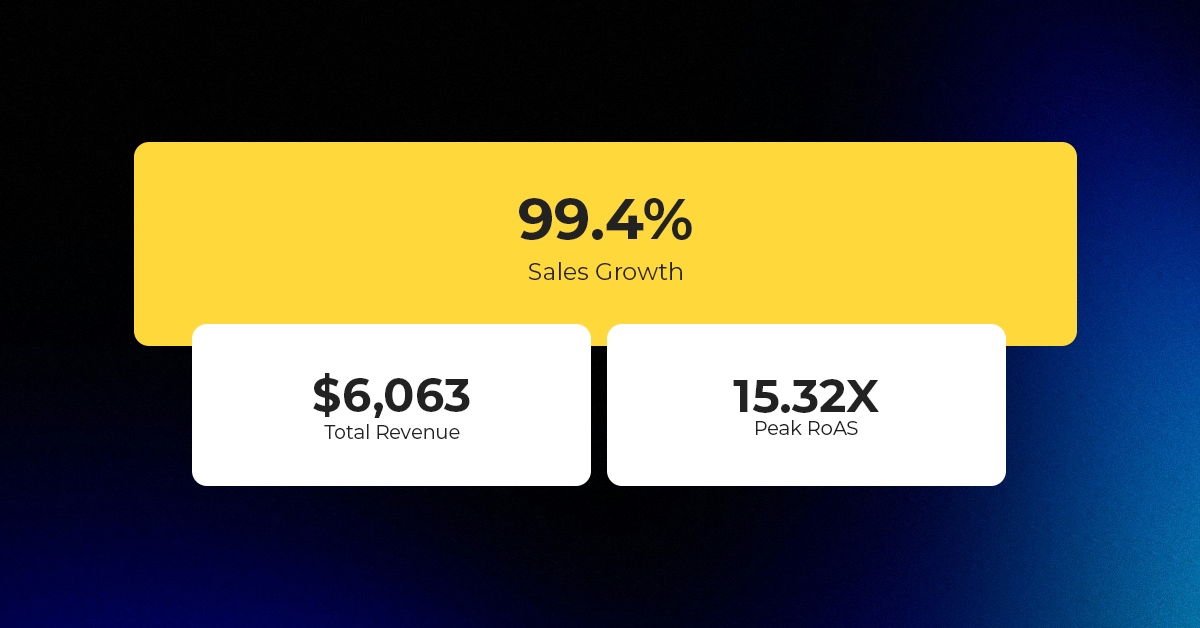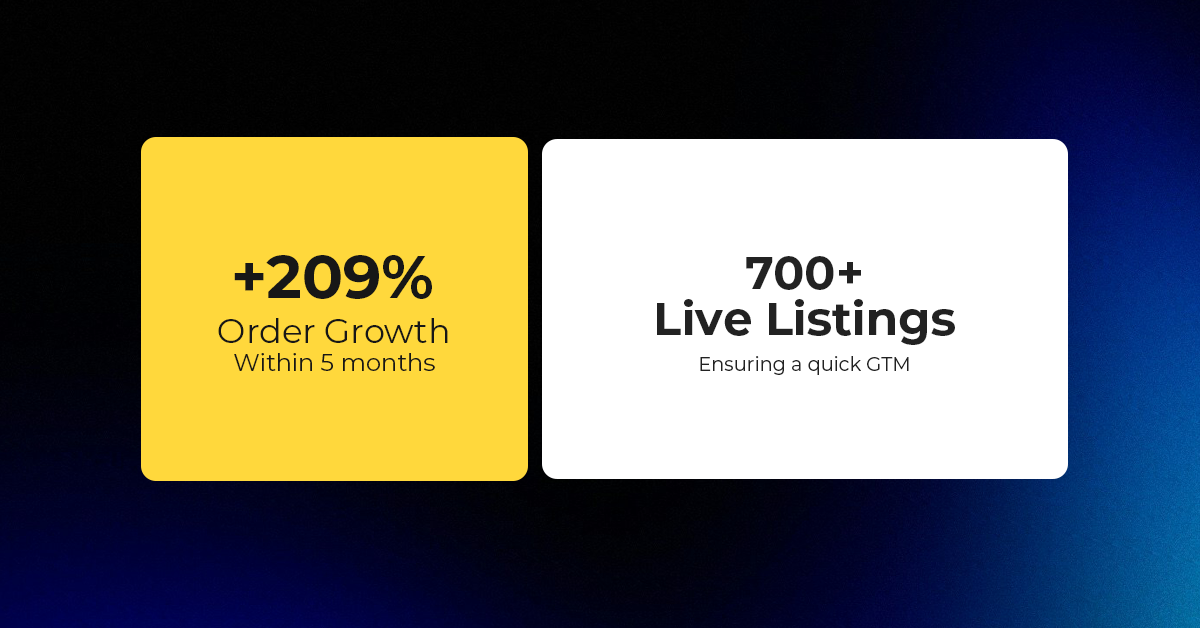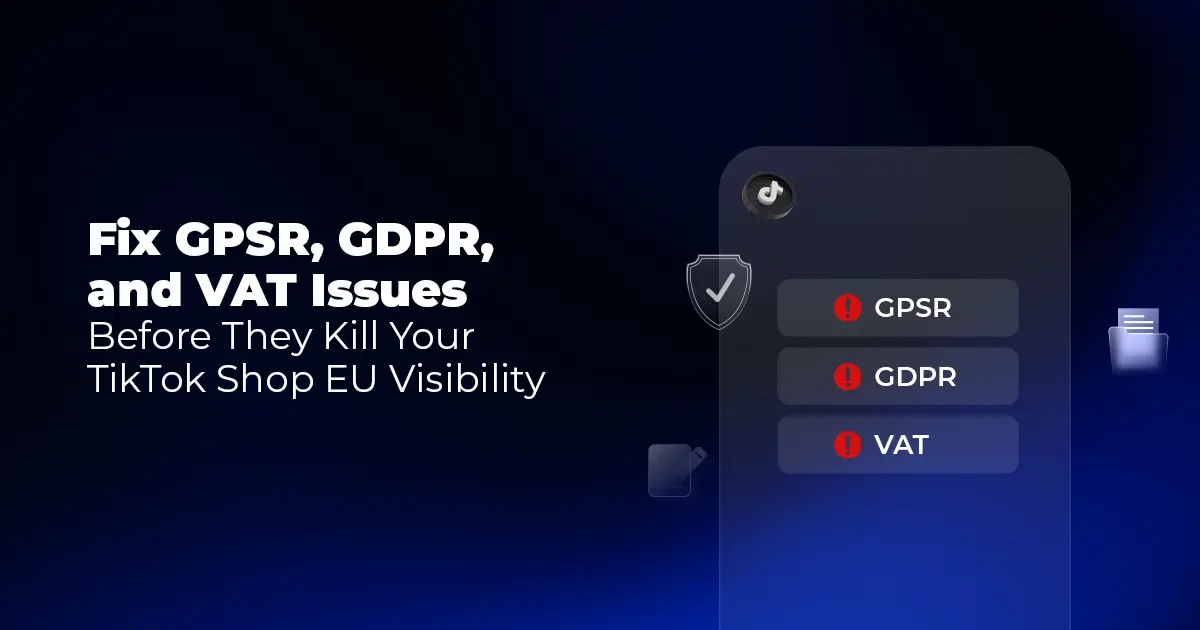TikTok Shop Raises Seller Fees Across Europe as Platform Pushes for ‘Content-Driven Commerce’ Expansion
Reading Time: 3 minutesTikTok Shop is raising its sales commission for merchants across five active…
In the bustling realm of eCommerce, where every click matters, the accuracy of your product listings on Google Shopping can make or break your success. Precision is paramount, and having error-free product listings is not merely a preference but a necessity.
Over time, these errors can seriously decrease your online visibility and harm the overall performance of your advertising campaigns, potentially affecting your long-term success in the competitive eCommerce landscape.
Therefore, addressing feed errors is not just about fixing a glitch; it’s about safeguarding the future of your business in the digital marketplace.
Mastering Google Shopping requires sellers to navigate common feed errors. Incomplete product data, mismatched prices, and inaccurate images can hinder visibility. Violations of Google’s policies and missing GTINs may lead to disapprovals.
Consider this – a potential customer stumbles upon your listing but is greeted with vague or incomplete information.
Perhaps the size, color, or key features are missing. At this moment, the customer is not just looking for a product; they seek assurance, clarity, and the confidence to make a purchase decision.
For instance, let’s take a scenario where a user searches for a specific camera model with specific features. Moreover, if your product listing lacks these vital details, it might not surface in their search results, causing a missed opportunity for conversion.
One common stumbling block that can impact the effectiveness of your product listings is the issue of mismatched product identifiers.
After all, When shoppers search for products on Google Shopping, accurate product identifiers ensure that they find exactly what they’re looking for, leading to a positive shopping experience
Product identifiers, such as GTINs (Global Trade Item Numbers), MPNs (Manufacturer Part Numbers), and brand names, serve as the backbone of Google Shopping’s product recognition system. Google Shopping requires specific product identifiers to ensure accurate product matching and enhance the overall shopping experience for users.
Common mistakes in product identifiers can lead to disapprovals or poor performance in your Google Shopping campaigns. Lets understand it with below example
Now, let’s understand why these identifiers are crucial for accurate product matching and an enhanced shopping experience.
Incorrect formatting of product identifiers in a Google Shopping Feed can lead to feed rejection due to the strict requirements set by Google.
Therefore, if you want to list your T-shirts for sale. Proper formatting is crucial to ensure that your T-shirt information is understood correctly by the eCommerce platform and potential buyers.
Here’s a simple breakdown of incorrect and correct product formatting:
Here are some common formatting issues that may result in rejection.
To Make It Clearer, Let’s Go Through Some Examples
In the dynamic realm of online retail, the CedCommerce Google Feed app emerges as an indispensable tool for Google Shopping sellers. This app streamlines the optimization of product data, offering sellers a user-friendly interface coupled with comprehensive features to enhance their listings.
A periodic and thorough Google Shopping feed audit, plays a pivotal role in ensuring that your product data is not only error-free but also aligned with the stringent requirements of Google Merchant Center.
Hence, adhere to below checklist for a well-optimized Google Shopping feed
Making sure everything runs smoothly in your Google Shopping feed is a must, right? Hence, the best practices for error prevention are important. Moreover, by following tried-and-true methods, merchants can stay ahead of the curve.
Maintaining consistency across all product details is key to tackling everyday Google Shopping feed errors. Therefore, here are some practical tips to ensure uniformity.
Let’s get a clearer picture by exploring the information through the infographics below.
Conquering everyday Google Shopping feed errors is the key to unlocking a seamless and successful shopping experience. Therefore, decoding the intricacies and ensuring error-free product listings, merchants pave the way for increased product visibility, trust, and customer satisfaction.
Moreover, keeping an eye on maintaining accuracy becomes the cornerstone for sustained success in the ever evolving competitive landscape.

Reading Time: 3 minutesTikTok Shop is raising its sales commission for merchants across five active…

Reading Time: 11 minutesBy now you have seen your BFCM 2025 numbers. The harder question…

Reading Time: 3 minutesAbout the Brand Name: Vanity Slabs Inc Industry: Trading Slabs- Vanity Slabs…

Reading Time: 2 minutesAbout the Brand Name: Ramjet.com Industry: Automotive Parts & Accessories Location: United…

Reading Time: 2 minutesAmazon is rolling out strategic referral fee reductions across five major European…

Reading Time: 4 minutesQuick Summary: Scaling Lifestyle Powersports on eBay with CedCommerce Challenge: Zero marketplace…

Reading Time: 4 minutesTikTok has surpassed 460 million users across Southeast Asia, reinforcing its position…

Reading Time: 3 minuteseBay has released its final seller news update for 2025, with a…

Reading Time: 3 minutesAmazon has clarified its stance regarding speculation around a potential breakup between…

Reading Time: 4 minutesWalmart is accelerating its push into next-generation fulfillment by expanding its drone…

Reading Time: 4 minutesFaire, the fast-growing wholesale marketplace connecting independent retailers with emerging brands, has…

Reading Time: 4 minutesB2B buying in the United States is undergoing a fundamental behavioral shift…

Reading Time: 3 minutesSummary Cyber Monday 2025 has officially become the largest online shopping day…

Reading Time: 2 minutesSummary Amazon kicked off December with two major developments shaping the future…

Reading Time: 2 minutesSummary Walmart has entered December with two major moves that signal a…

Reading Time: 2 minutesBlack Friday 2025 delivered the strongest U.S. eCommerce performance in history, as…

Reading Time: 13 minutesStill approaching BFCM with generic discounts, last-minute price cuts, or scattered promotions?…

Reading Time: 3 minutesTikTok Shop reached a major milestone during its largest U.S. “Global Black…

Reading Time: 3 minutesOpenAI has announced a new AI-powered shopping research tool designed to help…

Reading Time: 9 minutesIf your TikTok Shop listings often sit in review or your visibility…